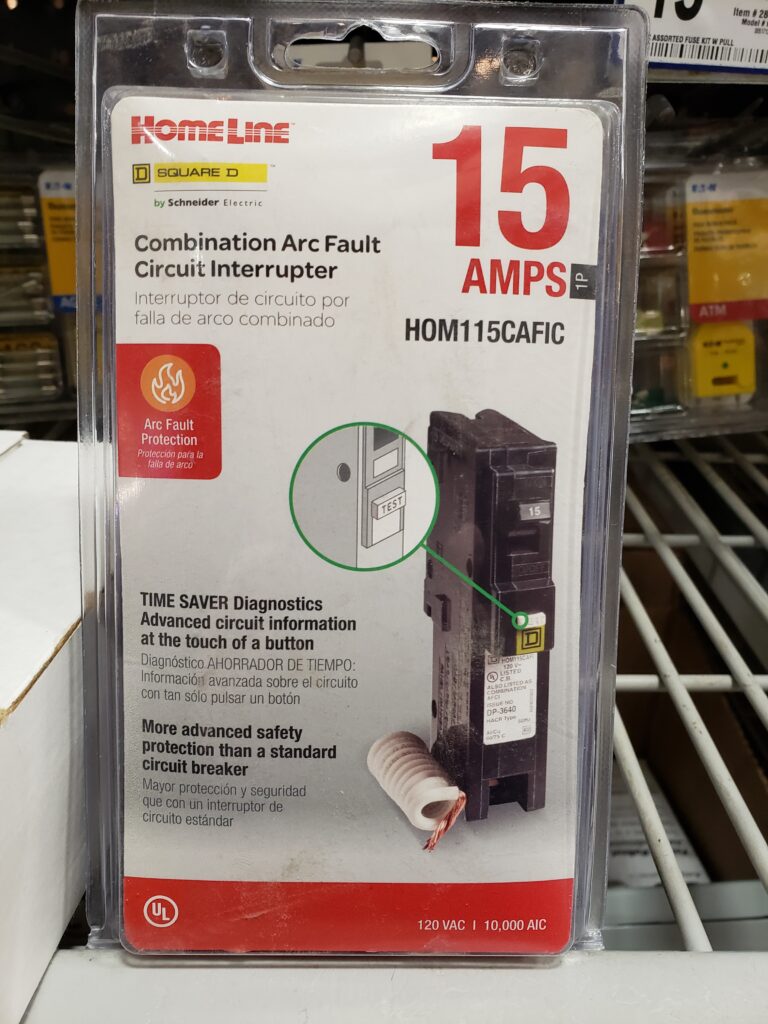CHARLESTON – A House-Senate conference committee reached a compromise on a rules bill dealing with proposed changes to the state building code.
The original disagreement regarding HB 4275 arose over whether to require Arc Fault Circuit Interrupters in most areas of new home construction or renovation, or just confine AFCIs to bedrooms.
HB 4275 is a Fire Commission rules bill that includes an update to the state’s adoption of the National Electric Code from the 2014 edition to the 2017 edition.
Both editions require new construction to include AFCIs in all areas of a newly built home except the garage, an unfinished basement, a bathroom or the home’s exterior unless there’s a device in a room connected to the exterior that would require it.

The version of the bill that passed out of the House included an amendment put forth by the state Fire Commission and authored by the National Home Builders Association to limit AFCIs to bedrooms in the new construction of one- and two-family homes.
The Senate struck that amendment to preserve the NEC code unchanged.
Proponents of keeping the code as is – West Virginia adopted it with the AFCI requirement in 2009 – cited safety concerns. They say AFCIs can prevent arc faults that occur in hidden areas inside walls form starting fires.
Opponents argue that the technology is unproven and the cost is prohibitive: A regular circuit breaker might cost $4 while an AFCI might cost $40 or more. For outlets, a regular outlet might cost $1 while and AFCI outlet might cost $20. AFCI outlets are often called for in home renovations where old wiring with a fuse box, for example, doesn’t allow for AFCI breakers.
At the conference committee meeting, co-chair Geoff Foster, R-Putnam, said the House’s main concern was not the additional cost for new construction but for renovations, especially for low-income families and seniors who might avoid upgrades they can’t afford.
After some haggling and some consultation with experts to make sure all the implications were understood, the committee found a middle ground.
The compromise says that for any renovations that don’t increase the square footage of the home, AFCIs will be required only in bedrooms. For home additions that don’t require electrical service, no upgrades are required.
The practical effect of that: Renovations that increase the square footage will require AFCIs in the new addition but no upgrades in the rest of the house if the service is unaffected by the addition. New construction will require AFCIs throughout, as per current code with the stated exemptions.
The committee has five days to get its report drafted and signed by all six members to bring to the respective houses for a vote.
It was said during the meeting that not all parts of the state have building codes. The exact breakdown wasn’t available but a total of 13 cities and counties have building codes and this bill applies only to them.
TWITTER @dbeardtdp Email David Beard at dbeard@dominionpost.com




